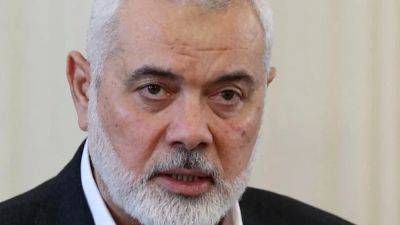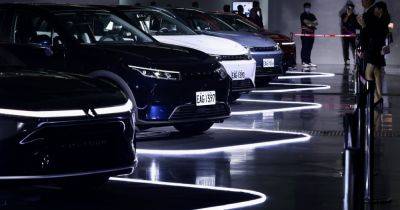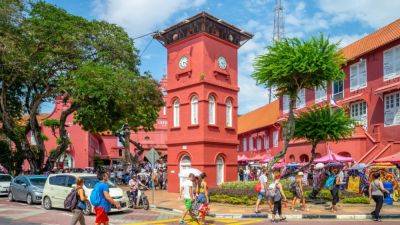Malaysia launches home-grown electric car as Chinese EV makers target market
On Friday, national carmaker Proton unveiled their e.MAS7 – slated to be one of Malaysia’s first locally badged EVs – as part of the government’s strategy to make sure local firms can keep pace with the influx of foreign electric vehicles in the market.
The shift in Chinese focus is likely to drive higher EV sales in Asean, particularly in countries like Malaysia and Indonesia that offer favourable regulations and where partnerships are established between local and Chinese carmakers, according to Maybank Investment Bank.
“We prefer Asean companies that partner Chinese car makers for manufacturing and sales, and companies in the battery value chain,” Maybank IB said in a Thursday note, referring to the Association of Southeast Asian Nations.
Prior to the launch, Proton’s e. MAS7 was widely rumoured to be a rebadge of an SUV model built by Geely – which holds a 49.9 per cent stake in the Malaysian firm. Proton executives denied the claim, saying the e. MAS7 was designed specifically for the Malaysian market.
Perodua, Malaysia’s largest domestic carmaker by sales volume, has yet to unveil its own EV car. Its chief executive, Zainal Abidin Ahmad, said in May that it was 60 per cent complete and will be sold for under 100,000 ringgit (US$21,000) once it hits the market in 2025.
Malaysia saw robust demand for electric vehicles in 2023, surging by nearly 290 per cent to 10,159 units compared to just 2,631 the previous year.
The sharp focus on Southeast Asia by Chinese EV makers, however, has triggered growing complaints over steep discounts to spur sales in Thailand, which upset early adopters who had to pay more.
Existing regulations may insulate Malaysia from a similar problem, as car pricing typically requires approval from the







